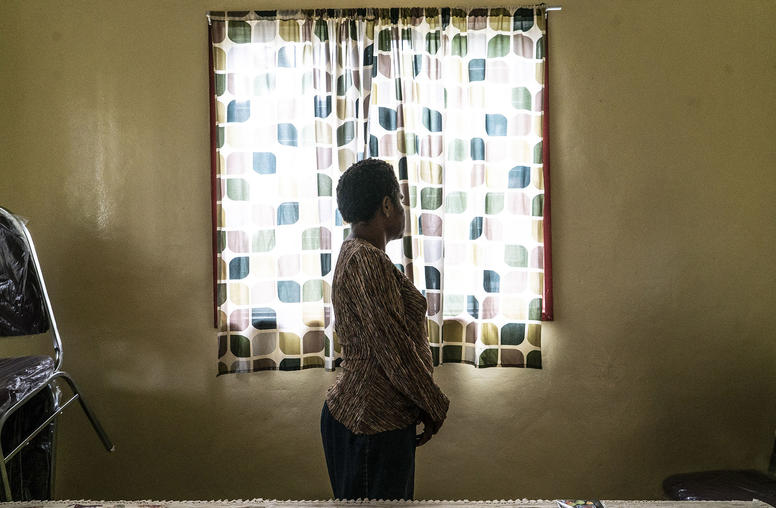Gender Inclusive Framework and Theory (Swahili)
A Guide for Turning Theory into Practice
Nadharia na Mfumo wa Kujumuisha Jinsia Zote
Mwongozo wa Kugeuza Nadharia kuwa Vitendo
Mwongozo wa Nadharia na Mfumo wa Kujumuisha Jinsia Zote (GIFT) ni njia rahisi na zana ya kina inayowezesha kujumuisha uchambuzi wa kijinsia katika uundaji wa mradi. Kwa sababu kazi ya kudumisha amani inategemea muktadha, GIFT inaweka mbele njia tatu za uchambuzi wa kijinsia-mtazamo wa Wanawake, Amani na Usalama; mtazamo wa Uume wenye Amani; na mtazamo wa Utambulisho Ingiliani-ambazo zote zinaangizia mabadiliko ya kijinsia katika mazingira fulani ili kutengeneza vyema miradi ya kudumisha amani.
Utangulizi: Kuanzisha Miradi ya Kujumuisha Jinsia Zote
Mgogoro wa vurugu inavuruga na mara nyingi kuweka uhasama katika jamii—unachafua miundo ya kijamii, hususan katika majukumu na uhusiano kati ya wanaume na wanawake. Katika mazingira dhaifu na yaliyoathiriwa na mgogoro, watekelezaji wa amani ni sharti wazingatie waendeshaji na athari za jamii zilizogawanyika kwa vurugu. Ongezeko la kufanya vijana kuwa wanajeshi haramu ni chanzo moja, na vurugu ya kijinsia iliyoenea inaathiri wote katika jamii, hata baada ya vurugu kuisha. Hata hivyo, uchambuzi wa kijinsia hautiwi maanani au haujumuishwi sana katika uundaji wa mradi wa kuzuia wa vurugu na kazi ya kukabiliana. Kuanzisha mradi wa kujumuisha jinsia zote ni muhimu katika kuunda njia bora za kuzuia mgogoro wa vurugu na kudumisha amani—sio jambo lisilo muhimuna halipaswi kuwazwa baadaye. 1 Nadharia na Mfumo wa Kujumuisha Jinsia Zote (GIFT) ni njia rahisi lakini ya kina ya kuanza kujumuisha uchambuzi wa kijinsia katika uundaji wa miradi.
GIFT
- Itafafanua jinsia;
- Itaeleza uhusiano kati ya jinsia na hali ya vurugu na umuhimu wake katika kudumisha amani;
- Itachunguza nadharia ya mabadiliko na mfumo wa uchambuzi kwa kujumuisha jinsia zote na
- Utatoa mwongozo maalum kuhusu kujumuisha jinsia katika muundo wa mradi.



